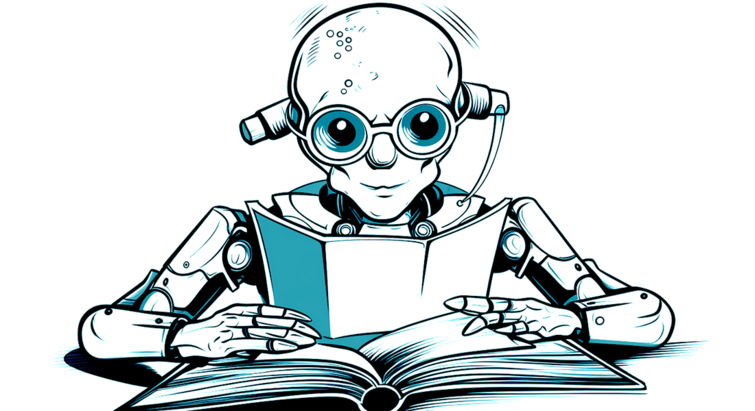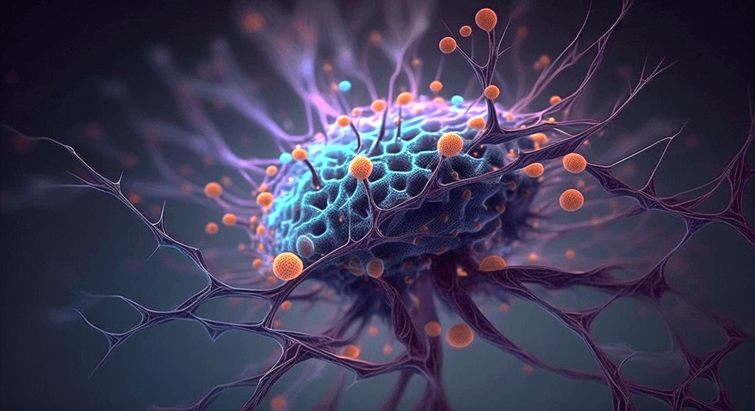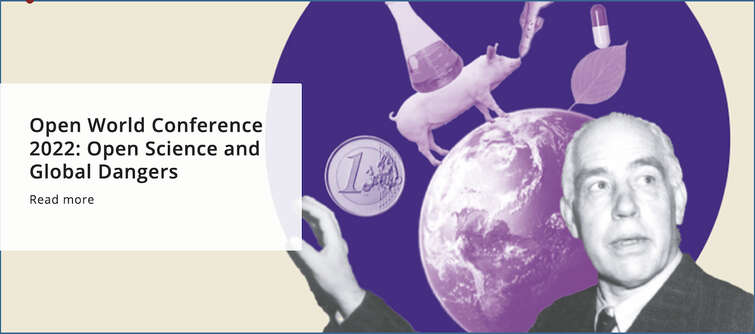
News about Artificial intelligence
Viser 73 til 96 af 122 dokumenter.


Combining AI Models Improves Breast Cancer Risk Assessment

ChatGPT promotes American norms and values

ChatGPT promotes American norms and values

Create a public alternative to the tech giants

The battle for control of artificial intelligence is crucial

Self-driving cars lack social intelligence in traffic

Fasten your seatbelt: Intimacy capitalism is coming

Can you date more than one chatbot at a time?

Is it fair? Algorithms and asylum seekers

Art made by artificial intelligence - Morten Axel Pedersen on Danish Radio

Hvad kan du bruge ChatGPT til som underviser?

The counting of nine billion trees could help manage climate credits and nature restoration

The counting of nine billion trees could help manage climate credits and nature restoration

Machine Anthropology: editorial introduction to special issue in Big Data & Society

New knowledge about ice sheet movement can shed light on when sea levels will rise

New knowledge about ice sheet movement can shed light on when sea levels will rise

Revolutionize your visuals with AI

Nuggets mined from thousands of tweets can persuade us to eat more climate-friendly

Nuggets mined from thousands of tweets can persuade us to eat more climate-friendly

Rwandan tree carbon stock mapped from above

The Nordic AI Meet comes to Copenhagen in 2023

Open World Conference 10-11 Nov. 2022: Open Science and Global Dangers

